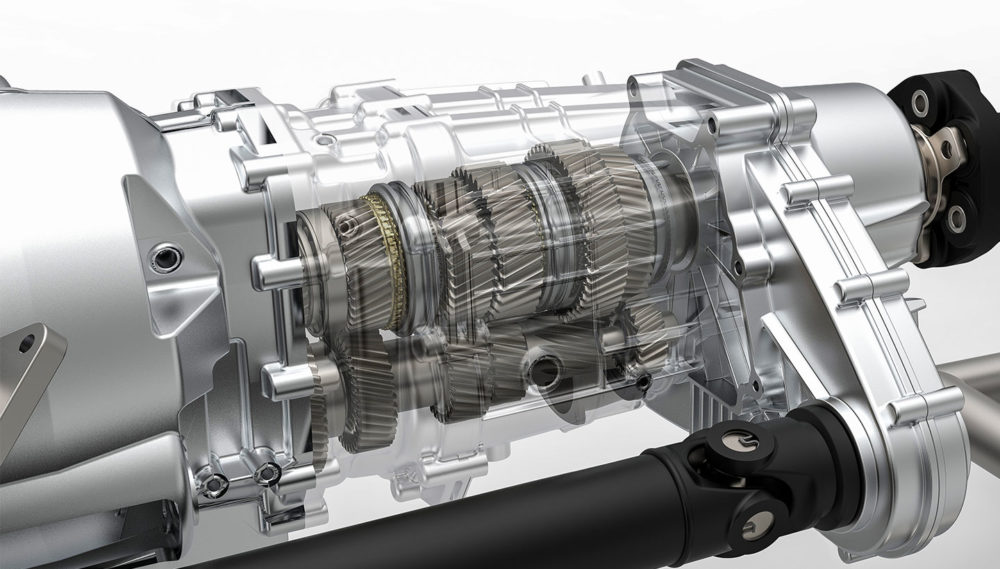Mobile:+86-311-808-126-83
Email:info@ydcastings.com
weld on pipe caps
Understanding Weld-On Pipe Caps A Comprehensive Guide
Weld-on pipe caps are essential components widely used in the plumbing and construction industries to seal the ends of pipes. They provide a secure closure that prevents the escape of liquids or gases, thereby ensuring the integrity of a piping system. This article explores the importance, types, applications, and benefits of weld-on pipe caps.
What Are Weld-On Pipe Caps?
Weld-on pipe caps are fittings specifically designed to be welded onto the ends of pipes. They come in various shapes and sizes, matching different pipe diameters and materials. Typically, these caps are made from materials such as carbon steel, stainless steel, or plastic, depending on the intended use. The primary function of these caps is to serve as closures, providing a permanent seal and, in many cases, contributing to the overall strength and durability of the piping system.
Types of Weld-On Pipe Caps
There are several types of weld-on pipe caps, each tailored for specific applications
1. Standard Caps These are the most common type, featuring a simple design that allows for easy welding onto the pipe’s end. They are widely used in various industries, including water supply, oil and gas, and wastewater treatment.
2. Beveled Caps Designed with a beveled edge, these caps facilitate a smoother weld joint. Beveled caps are preferred in high-pressure applications where welding quality is critical.
3. Threaded Caps Some caps come with pre-threaded holes, allowing for additional connections. These are particularly useful in systems requiring frequent maintenance or modifications.
4. End Caps Similar to standard caps, these are specifically designed to provide a tight seal at the end of a pipe but are often used in specialized applications like exhaust systems.
Applications of Weld-On Pipe Caps
weld on pipe caps

The applications of weld-on pipe caps are vast
. They find use in industries such as- Oil and Gas Used to seal pipeline ends and prevent leaks. - Water Treatment Plants Essential for maintaining the quality of water by ensuring that systems are entirely sealed. - Chemical Processing Protects sensitive chemicals from environmental exposure and contamination. - Construction Utilized in structural applications to provide robust sealing capabilities.
Benefits of Using Weld-On Pipe Caps
Weld-on pipe caps offer several advantages
1. Durability When properly welded, these caps create a strong bond that stands the test of time against pressure, temperature fluctuations, and external environmental factors.
2. Leak Prevention They provide a tight seal that minimizes the risk of leaks, making them ideal for high-pressure applications.
3. Versatility Available in a variety of materials and sizes, weld-on pipe caps can be used in numerous applications across different industries.
4. Cost-Effectiveness By preventing leaks and ensuring system integrity, weld-on pipe caps can save significant costs in repairs and maintenance over time.
Conclusion
Weld-on pipe caps are a crucial element in ensuring the integrity and reliability of piping systems across various industries. With their ability to provide robust sealing solutions, they play a vital role in preventing leaks and maintaining the efficiency of fluid and gas transport systems. Understanding the types, applications, and advantages of these fittings can help professionals make informed decisions about their use in various projects. For any piping application, investing in quality weld-on pipe caps is synonymous with ensuring safety and performance.
-
Why Should You Invest in Superior Pump Castings for Your Equipment?NewsJun.09,2025
-
Unlock Performance Potential with Stainless Impellers and Aluminum End CapsNewsJun.09,2025
-
Revolutionize Your Machinery with Superior Cast Iron and Aluminum ComponentsNewsJun.09,2025
-
Revolutionize Fluid Dynamics with Premium Pump ComponentsNewsJun.09,2025
-
Optimizing Industrial Systems with Essential Valve ComponentsNewsJun.09,2025
-
Elevate Grid Efficiency with High-Precision Power CastingsNewsJun.09,2025











